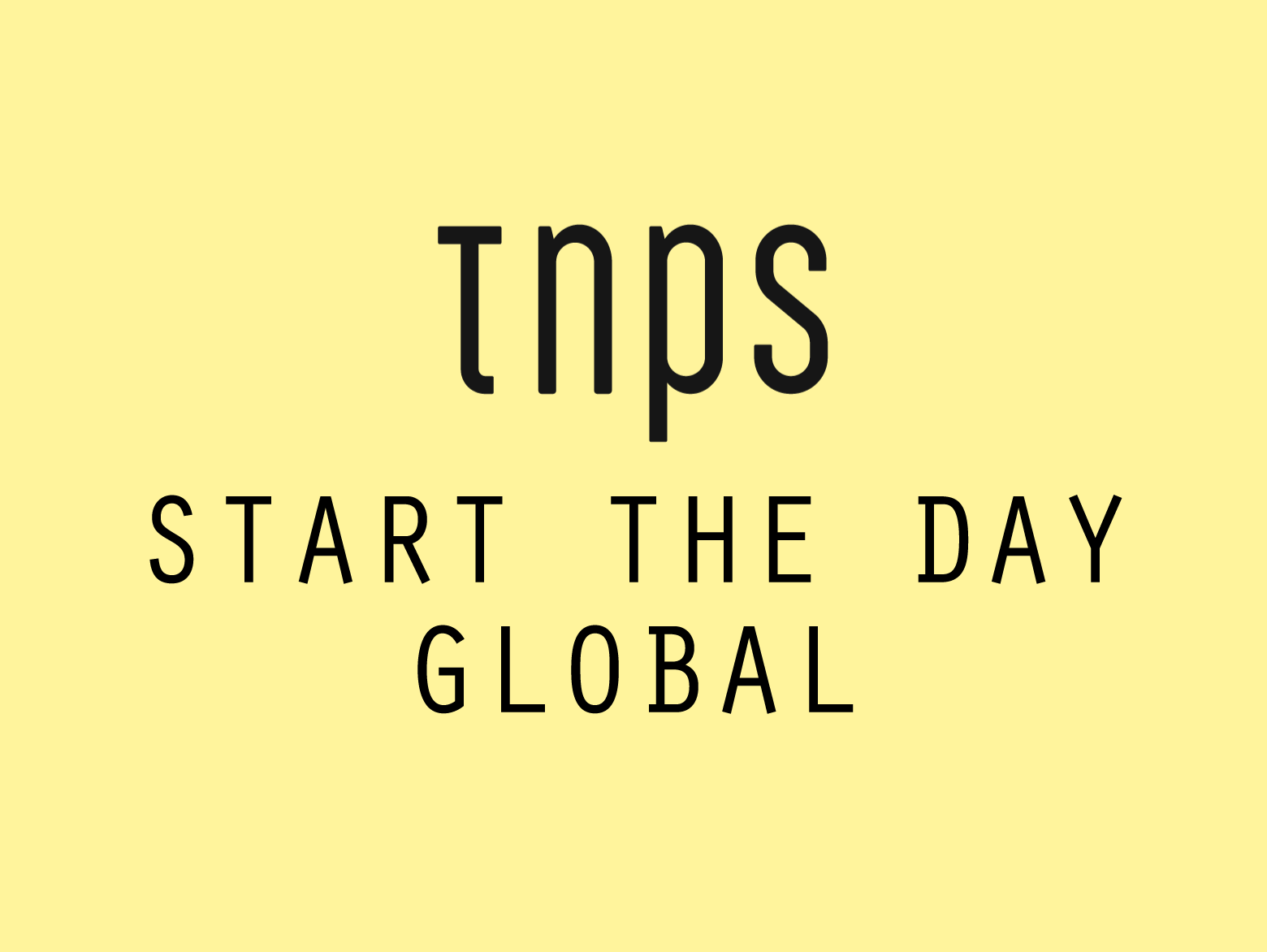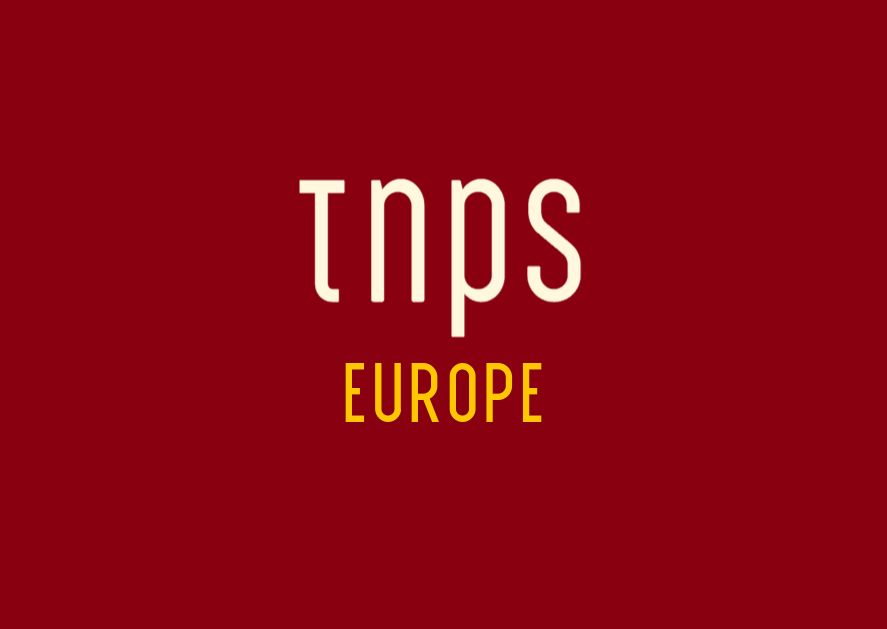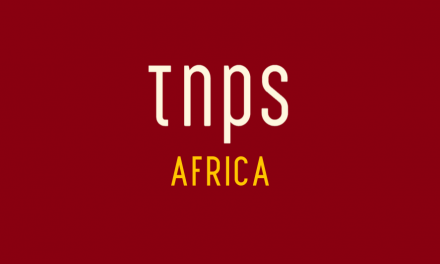The Hot Sheet is a publishing industry news-sheet for authors, produced every two weeks by Porter Anderson and Jane Friedman, and reviewed here every other Sunday as one of the best bi-weekly industry overviews available to authors.
We’re not interested in delivering breaking news, but perspective on stories that are likely to retain meaning for your long-term decision making. We provide distance and nuance on complex issues that affect all authors, whether traditionally published or self-published.

While the bi-weekly Hot Sheets are always interesting, the latest issue was perhaps more so than usual, not so much for the topics it covered as for the way one particular topic was covered.
That topic being the latest Author Earnings Report and, in the words of Jane Friedman and Porter Anderson, the
less-than-warm response
from the indie author community that usually hangs on Data Guy’s every word as proof positive self-publishers shall inherit the earth.
Regulars will know that in October last year I collated comments from Data Guy on two posts over at The Passive Voice blog –
Insights from Data Guy prior to the imminent next Author Earnings Report
where Data Guy promised the next Author Earnings Report would appear before the end of the year and that it would
drop jaws throughout the industry.
Data Guy shared some intriguing statistics at the time, and it did indeed seem like we were in for a treat with the next report.
But in fact that report only materialized early this year, and was not so much jaw-dropping as coma-inducing. A shadow of its former self, this was an emaciated Author Earnings Report where all the interesting data had been sold to Big Pub and the audience that the Author Earnings Report was originally designed for were left feeling, if not quite cheated, certainly disappointed, and left in no doubt we were no longer that important to the Author Earnings agenda.
First let’s review that original agenda, which Anderson and Friedman sum up well.
Since 2014, Author Earnings, which began as a joint effort between a technologist nicknamed Data Guy and author Hugh Howey, has reported estimates of independent authors’ sales activity on a quarterly basis.
Author Earnings was created with an agenda: to demonstrate to the traditional publishing industry and to writers that self-publishing can provide good income.
That itself has always been an issue for me, because it was used as an excuse to batter traditional publishing and pump up the perceived value of Amazon for indie publishers.
The early Author Earnings Report, based on information collected by Data Guy, were written by Hugh Howey and were just about Amazon. Howey had gone exclusive with Amazon having previously been given special Amazon privileges not available to most authors – for example allowed to be both wide and in Kindle Unlimited simultaneously, which raised questions about the agenda of the reports.
Although the reports later expanded their coverage beyond Amazon, issues remained about the way the data was presented. For example, sales tracked were categorized as
Indie Published, Small/Medium Publisher, Amazon Published, Big Five published, and Uncategorized Single-Author.
So from day one we were in territory where Amazon, a traditional publisher by any meaningful definition, was separated from the other traditional publishers, making traditional publishing’s share of the market seem smaller than it actually was.
There was an upside to this, in that we saw for the first time just how much Amazon was able to use its position as store owner to benefit its own titles.
Updating that perspective, the Hot Sheet duo say they’ve
been in touch with Hugh Howey, and he has confirmed that he hasn’t been involved in writing Author Earnings reports “for a long time.”
Other issues, again mostly covered by Anderson and Friedman, were that,
The reports were erratic in focus, each changing the basis for analysis, so that no consistent comparative picture could be built from them,
and that,
Until the latest report, the stats were derived from scraping Amazon rankings on a single day, extrapolating them into quarterly estimates, and comparing them to an earnings curve created from several authors’ donated royalty statements.
That said, Author Earnings represents the best look at the digital sales data that remains unreported by Amazon.
Indeed so. For all my reservations the Author Earnings were at least indicative of how things stood in the ebook (and very occasionally in print and audio) retail markets.
But that in turn raised questions. OverDrive, for example, recorded 225 million downloads in 2017, and just shy of 200 million in 2016, yet none of these figures were taken into account in the Author Earnings Reports.
In the February 2017 Author Earnings Report –
http://authorearnings.com/report/february-2017/
Data Guy dismissed audiobooks with the observation,
about 50 million audiobooks sold a year in the US, versus almost 500 million ebook purchases.
That same year OverDrive reported 68 million audiobook downloads.
Now downloads do not directly correlate to sales, of course, but nor do Kindle Unlimited page reads, which Data Guy has no problem incorporating into the Author Earnings Report.
As I explored in a post here at TNPS last month –
Is Japan’s Rakuten the second biggest player in the western ebook and audiobook markets?
225 million digital downloads (plus many millions from other digital library operators) is a lot of ebook activity to shunt aside because it is inconvenient to the agenda.
But hey, this was free analysis delivered at no cost, so we couldn’t really complain too much.
But now that’s all changed too.
Unbeknownst to the core audience eagerly awaiting the next AE Report, Data Guy was in fact dealing with Big Pub to deliver a far more detailed analysis to those who could afford to pay for it.
Somewhere along the line a deal was struck whereby Data Guy could offer free a small selection of data from the new reports.
In fact it seems Data Guy may have exceeded his remit when he made comments at The Passive Voice in October offering sample data. The report we actually got to see in January was far less revealing.
I’ll defer again to the Hot Sheet duo, who sum things up nicely.
In an interesting exchange in the comments on the report with author Kristine Rusch, Data Guy confirms that he’s selling his research—which he says is now based on daily gatherings of data, not extrapolated snapshots—to very high-end clients. To Rusch’s question about why the Bookstat data is for sale only to companies “with annual revenues of $10 million or more,” Data Guy replies that the costs of his research are extremely high and that he hopes to be able to continue to share “as much as [he] can pro bono here with the author community,” for which Author Earnings was originally created. He cuts short any more questioning along these lines.
Other observations from Anderson and Friedman are worth mentioning here.
Data Guy was pressured to remove from his latest report a list of the top 50 independent authors in 2017. Out of concern for their privacy, about 25 percent of those authors asked not to be named publicly. Data Guy asserts that such authors are making “as much or more than the top-selling indies from prior years,” but we have to take this on faith.
Further,
The report copiously blurs stats from the last three quarters of 2017 (again, not comparable to previous single-quarter reports).
Anderson and Friedman also tackle the thorny issue of Data Guy’s methodology, which in the new incarnation of Author Earnings, (not of course called that for the Big Pub clients – it’s now Bookstat), is even less clear than before.
The Hot Sheet’s bottom line:
Because the core technique of the (now evolved) Author Earnings approach was never clear to everyone, nor consistently reported, it’s hard to know how accurate a picture of nontraditional publishing we’re losing—or that Bookstat’s clients are buying.
Other stories in the Hot Sheet this time around include the Kobo-Walmart partnership.
That is, the partnership whereby Kobo and Walmart run a joint app that will allow Kobo ebooks and audiobooks to be bought by Walmart customers.
I’m excited by the possibilities here, having been a big fan of the supermarket ebooks idea in the UK, when Britain’s two biggest supermarkets Tesco and Sainsbury got into the ebook game.
As luck would have it both ventures failed, for reasons that had nothing to do with ebooks, but I remain confident in the concept.
Whether Walmart and Kobo can pull it off remains to be seen, but this gives Kobo a real chance to gain traction in the US, where the Kobo brand is pretty meaningless. And we should not overlook the potential synergies between Walmart-Kobo and OverDrive, which is owned by Kobo parent Rakuten.
And there’s more. Again, I defer to the Hot Sheet duo who sum it up nicely:
What makes the Walmart entrance so substantial is that it provides for Kobo what Amazon provides for itself: a retail vehicle that does not depend on books. As we’ve said many times (though some in publishing are eternally tone-deaf to this), Amazon is able to do what it does because it’s so much more than a bookstore. It’s a tech company, first and foremost, and then a retailer of all things.
But Anderson and Friedman are not falling for the “Kobo is now a threat to Amazon” nonsense. Their bottom line:
We’re always amused to hear someone say Kobo is going to give Amazon a run for its money. Such folks inevitably don’t understand the sheer scale of Seattle’s hegemony. Kobo itself makes no such outlandish claims and has found a way to say what is still a lucrative line in the American sales lexicon: “Attention, Walmart shoppers.”
Which is where I shall draw the line for this review of the Hot Sheet, hopefully having offered enough to entice you to subscribe to the full news-sheet where you can read the full analysis of the Author Earnings and the Walmart Kobo stories, and also Anderson and Friedman’s take on the rumoured Apple ebooks revival.
That’s worth looking at for the take on audiobooks.
I’m tempted to pick up the duo on the comment that Apple is the number two ebook player in the US, because if we take Data Guy’s numbers as anywhere near accurate then Apple saw 44 million ebook sales in the US. As mentioned above, OverDrive saw 225 million digital downloads.
Not the same thing, but similar enough to warrant serious consideration when weighing up just how far Amazon is counterbalanced by the other players in the digital arena. I’m left wondering if, for the Big Pub paying audience, the Bookstat report does actually look at OverDrive and the other digital libraries suppliers. because without that data – data, remember, amounting to hundreds of millions of downloads – then we are clearly not being given a true picture of the state of play in the US book market.
However, I’ll leave that discussion for another day.
Also in the latest Hot Sheet is the latest “too little, too late” changes at Nook, and a look at the controversy surrounding the Man Booker prize.
Plus lots more.
NB: The New Publishing Standard does not carry affiliate links and we receive no compensation from any mention of any service, paid or otherwise.





